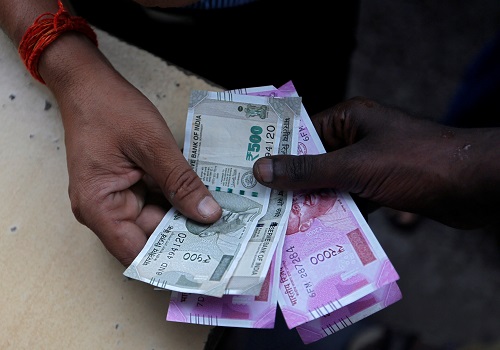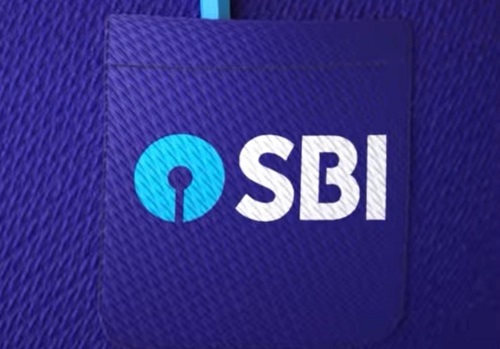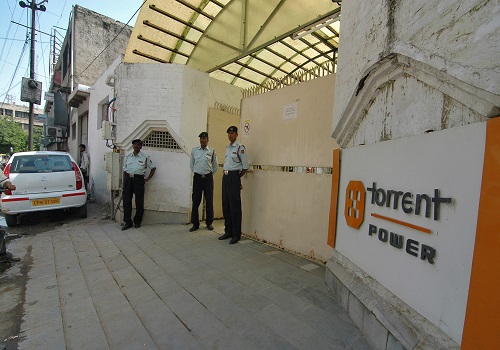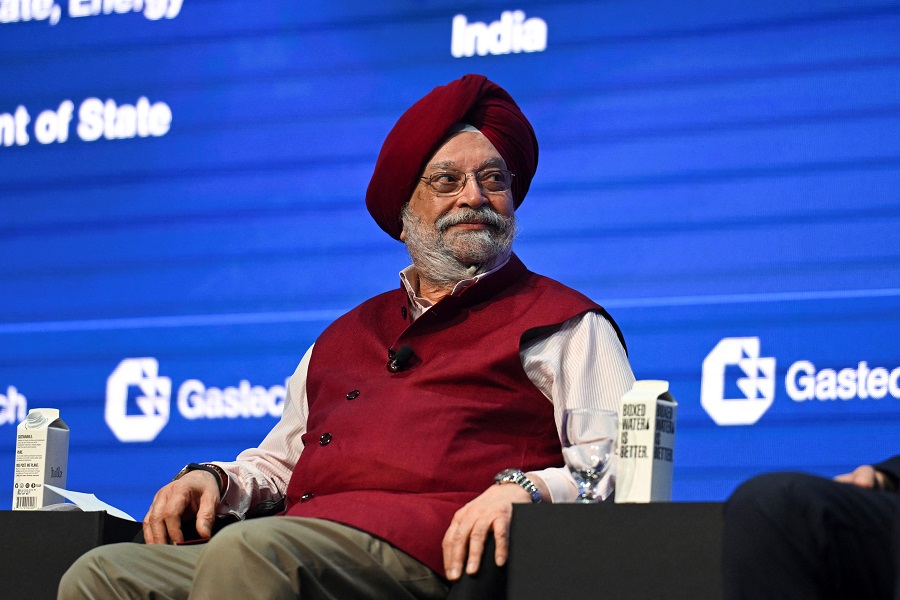India's Oilmeals Exports Surge: Soyabean Boost Drives 9% Growth in February 2024 by Amit Gupta, Kedia Advisory
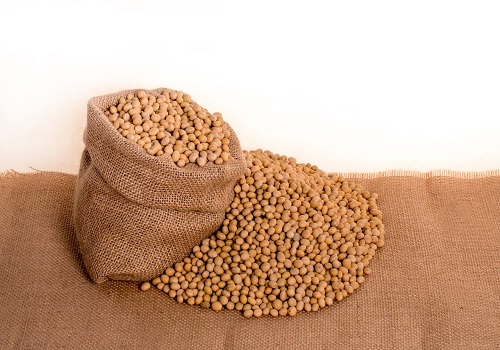
India's oilmeals exports witness a robust 9% surge in February 2024, led by a remarkable 34% spike in soyabean meal shipments. Despite facing competitive pressures, Indian exports soar to 5.15 lakh tonnes, reflecting the nation's growing prominence in global oilmeals trade.
Highlights
Soyabean Meal Boost: India's oilmeals exports surged by 9% in February 2024 compared to February 2023, largely driven by a remarkable 34% growth in soyabean meal exports.
Overall Export Growth: India exported 5.15 lakh tonnes of oilmeals in February 2024, up from 4.71 lakh tonnes in February 2023, marking a 9% increase.
Yearly Performance: Over the first 11 months of 2023-24, India's oilmeals exports rose to 44.90 lakh tonnes, compared to 37.60 lakh tonnes in the corresponding period of the previous year.
Soyabean Meal Competitiveness: Indian soyabean meal exports soared to 19.34 lakh tonnes during April-February 2023-24 from 7.87 lakh tonnes in the same period of the previous year, driven by its competitiveness in the global market.
Challenges and Competition: Indian soyabean meal faces tough competition, particularly from Argentine origin, due to price differentials. Indian soyabean meal was quoted at $490 a tonne, while Argentine soyabean meal (cif Rotterdam) was priced lower at $415 a tonne.
Rapeseed Meal Dynamics: Indian rapeseed processing is anticipated to be below potential due to crushing disparities. Export sales of rapeseed meal have slowed due to intensified competition from soyabean meal globally.
Key Importers: South Korea, Vietnam, Thailand, Bangladesh, and Iran are significant importers of Indian oilmeals, with varying preferences for different types of meals including rapeseed, soyabean, ricebran, and castorseed meal.
Specific Import Trends: South Korea, for instance, imported 7.87 lakh tonnes of oilmeals from India during April-February 2023-24, including substantial quantities of rapeseed, castorseed, and soyabean meal. Similarly, Vietnam, Thailand, Bangladesh, and Iran also imported notable quantities of Indian oilmeals, each with its specific preferences and quantities.
Conclusion
India's oilmeals sector continues to demonstrate resilience and growth, buoyed by significant increases in soyabean meal exports. While challenges persist, such as competition from Argentine origin and disparities in rapeseed processing, India's competitive pricing and expanding market reach underscore its potential for further expansion. As key importers like South Korea, Vietnam, Thailand, Bangladesh, and Iran maintain steady demand, India remains poised to capitalize on its strengths and navigate evolving market dynamics to sustain its position as a leading player in the global oilmeals trade.
Above views are of the author and not of the website kindly read disclaimer
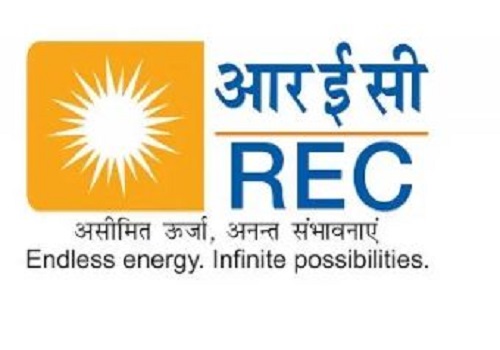






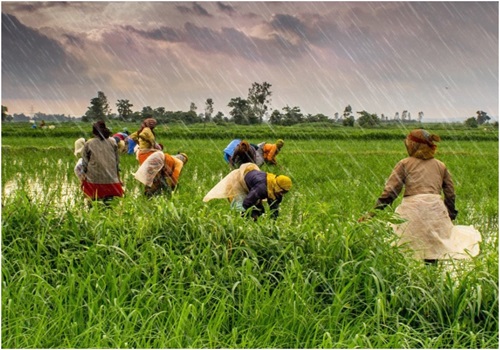


More News

Quote on Gold and Crude by Kaynat Chainwala, AVP-Commodity Research, Kotak Securities







